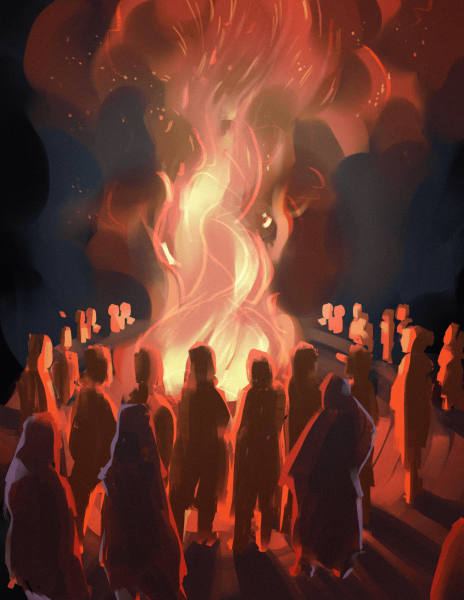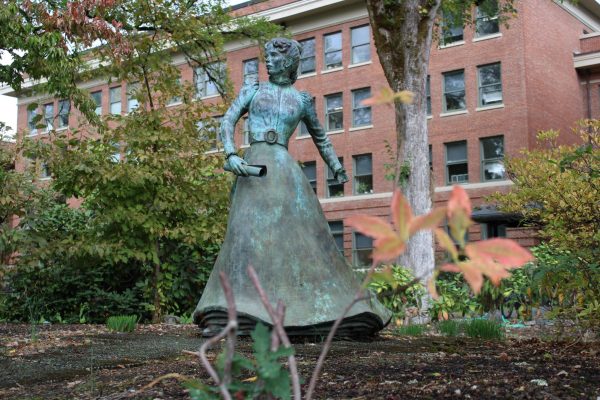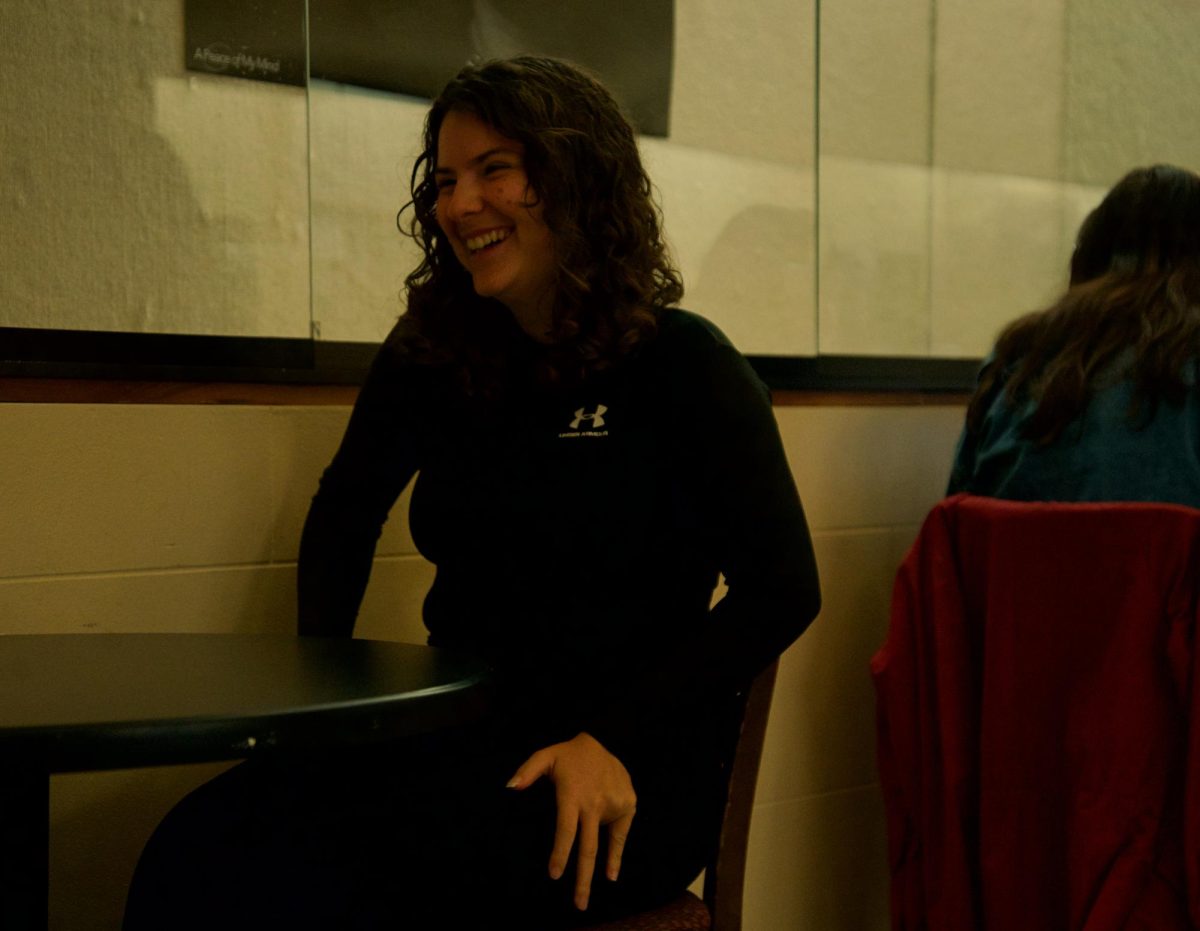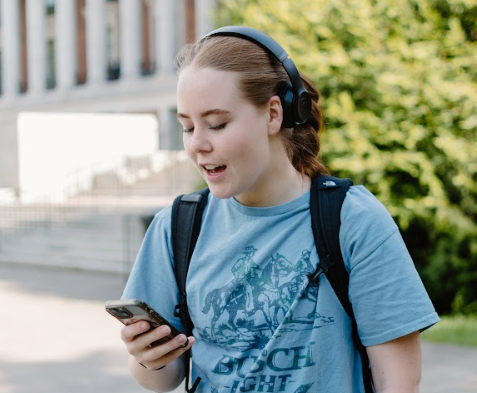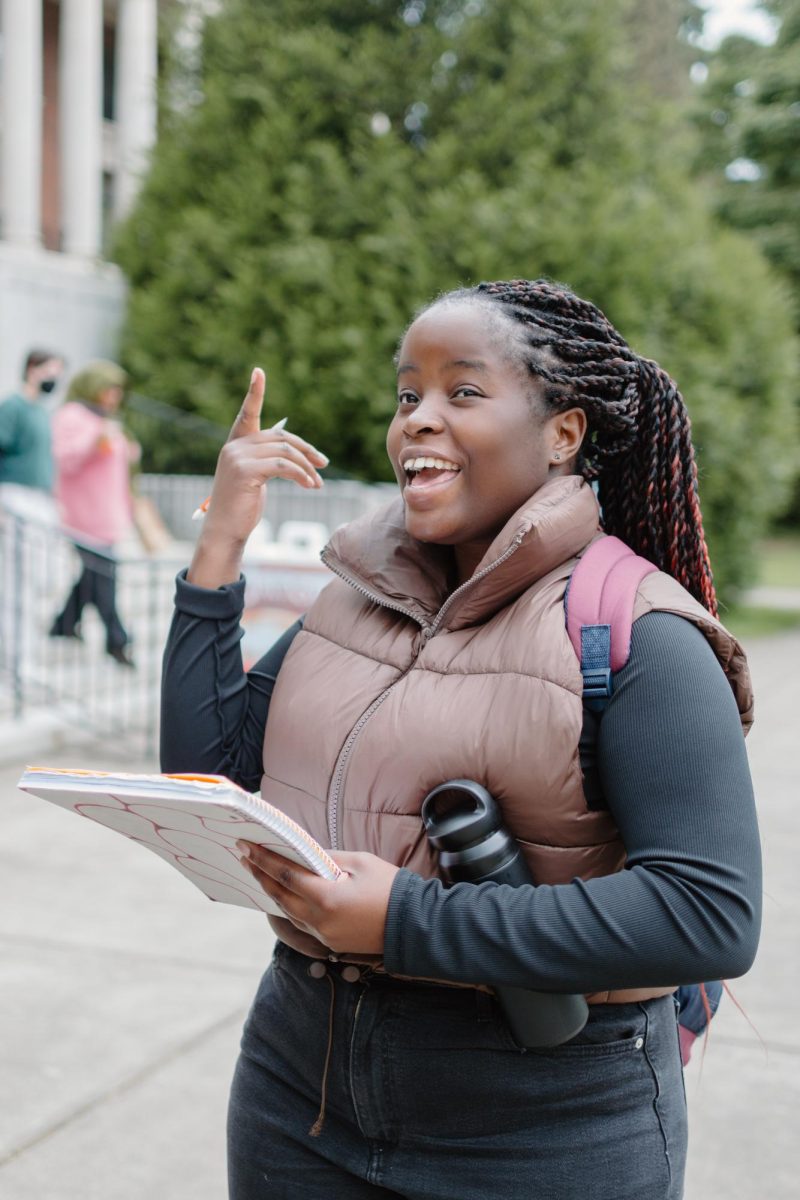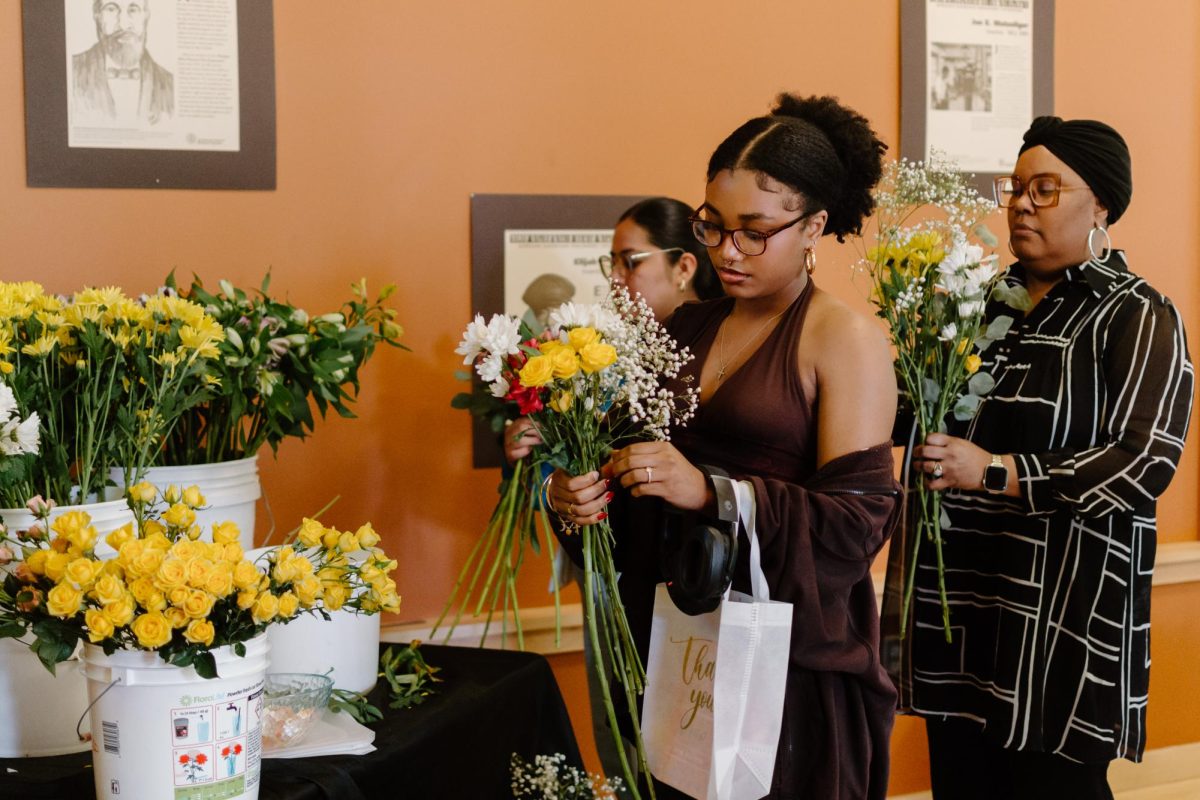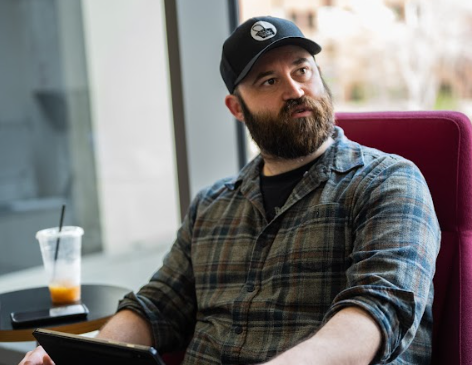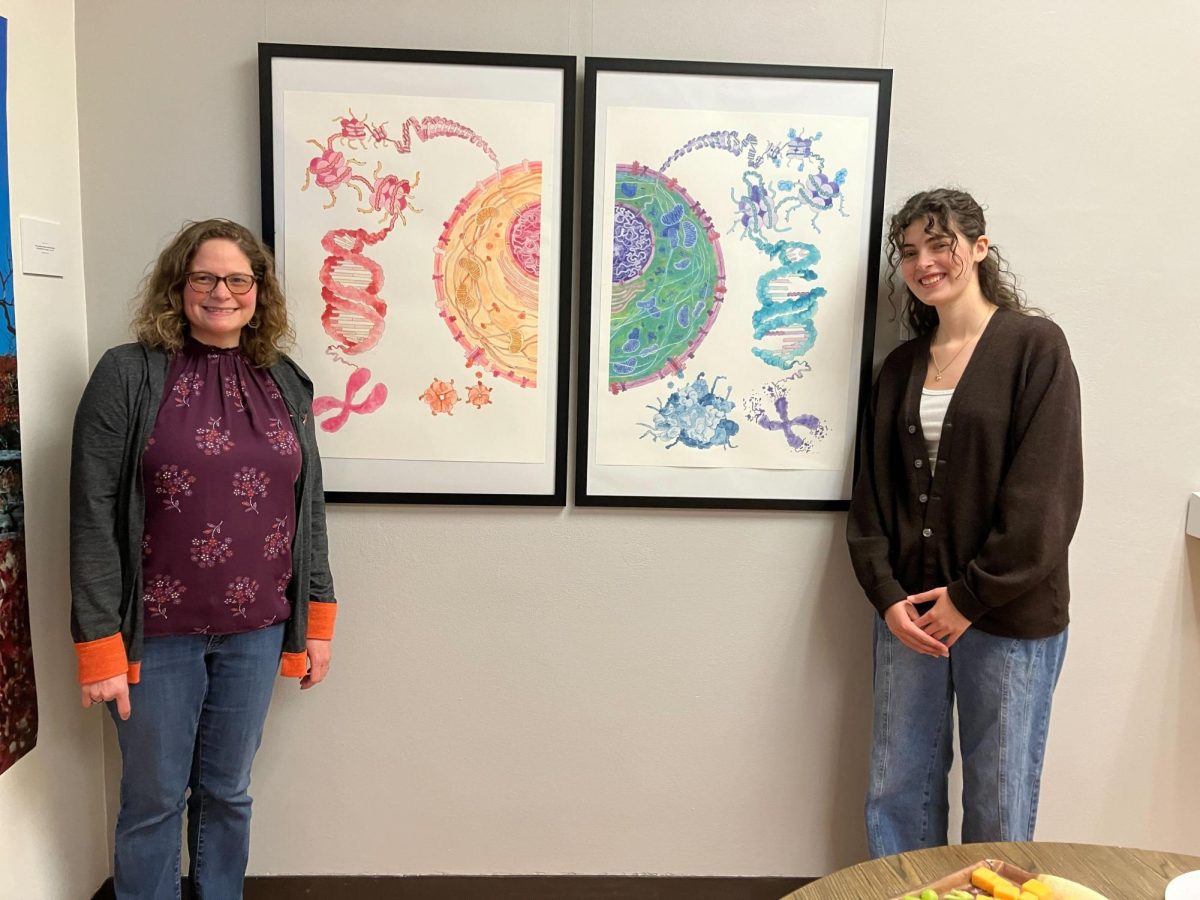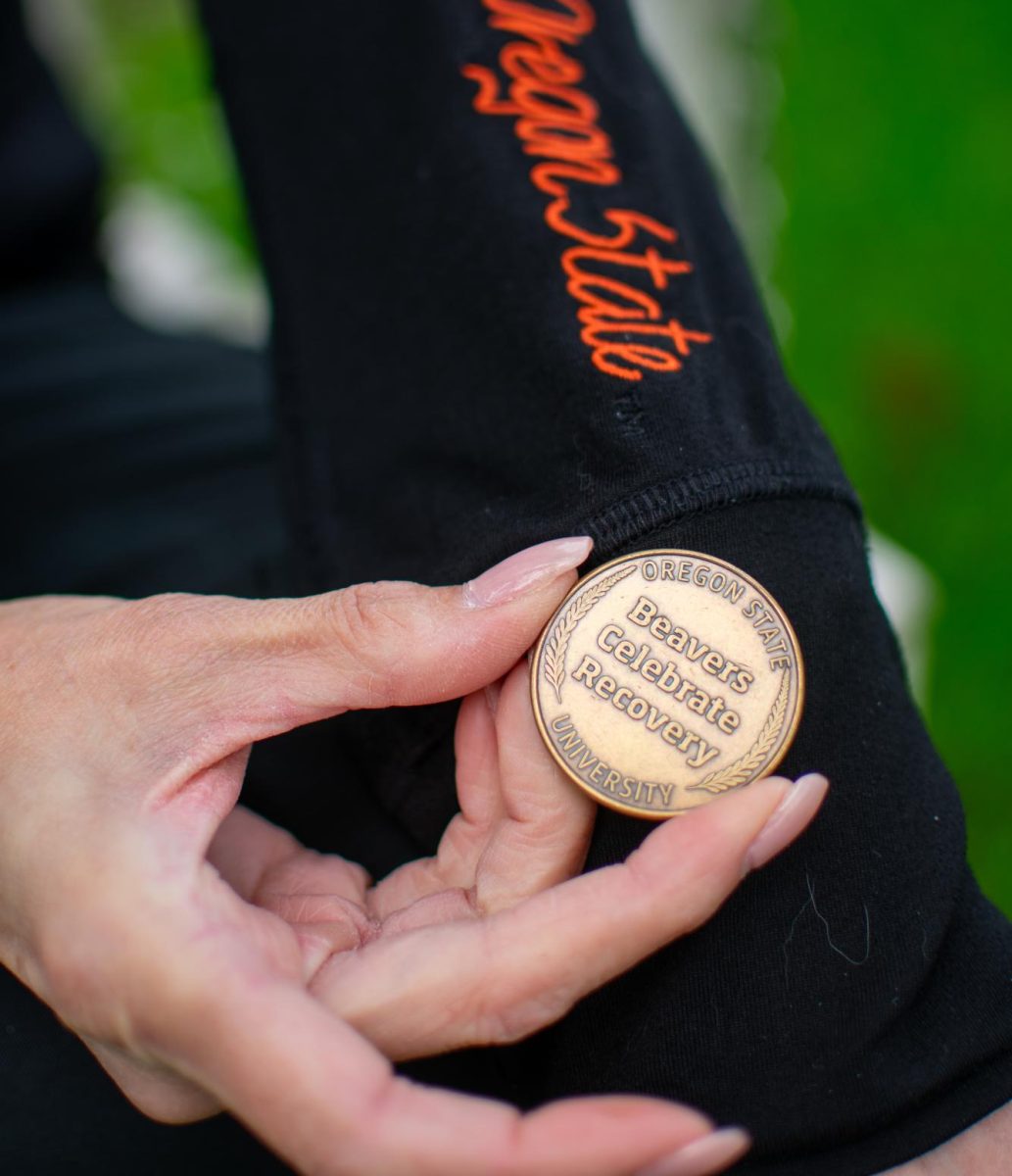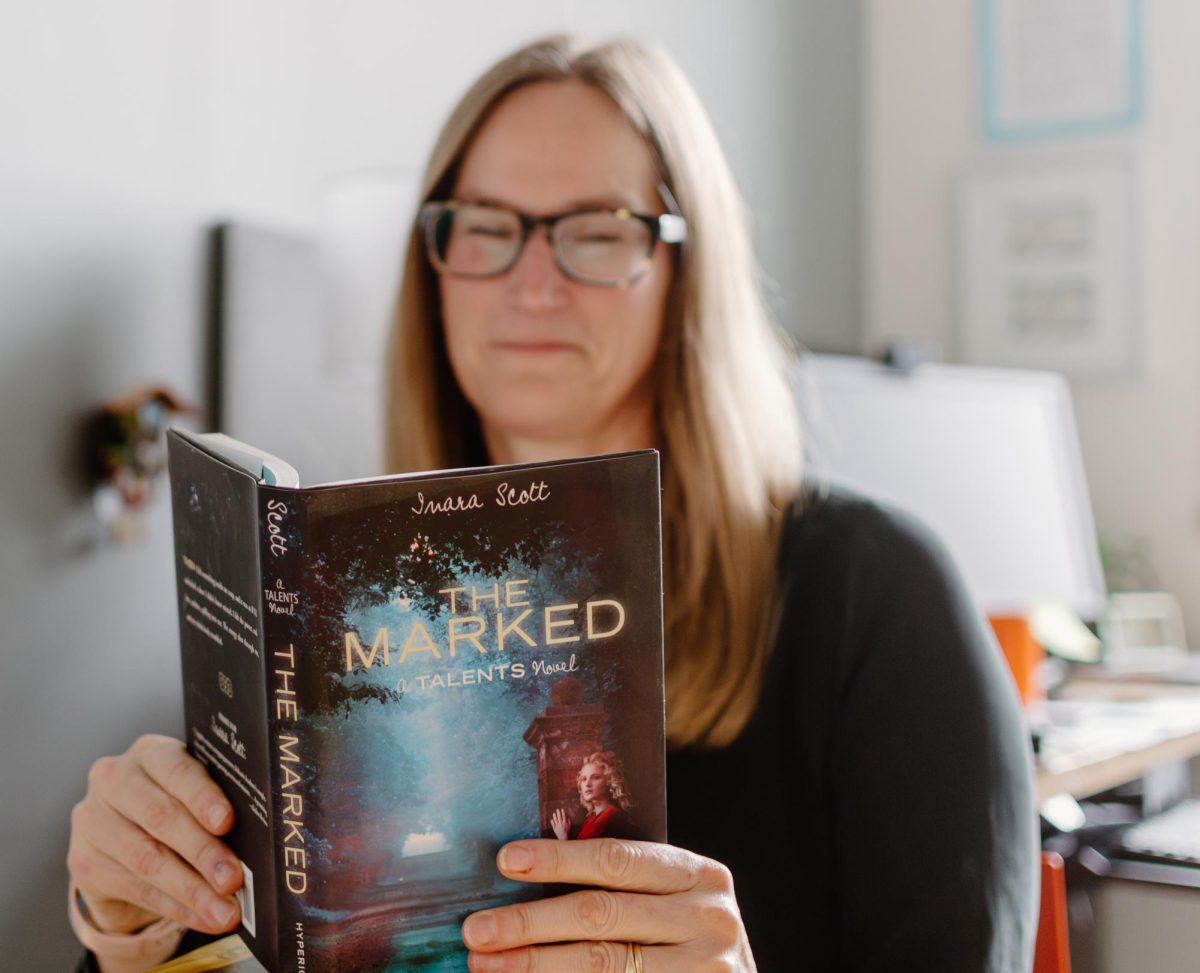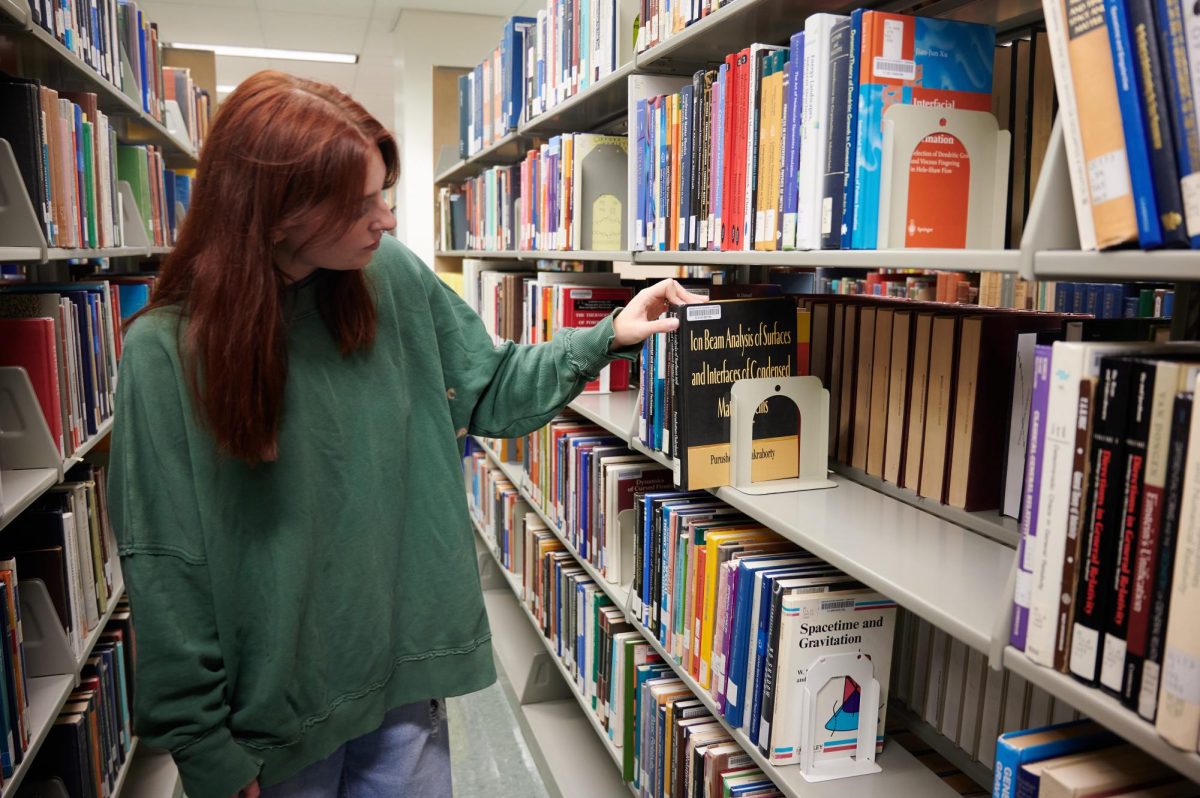From banging on glass bottles, to studying board game economics, Oregon State University Honors Colloquia offers OSU students a range of topics and focuses to explore outside their majors.
Honors colloquia are small one to two-credit classes that create a space for both professors and students to try out subjects in a passion area rather than their field of study. Honors students must take six credits of colloquia as part of their undergraduate honors degree. This year, there are new courses being offered for spring term.
According to Susan Rodgers, associate dean of the Honors College, two of these colloquia will be centered around the new Patricia Valian Reser Center for the Creative Arts. “Sleepless in Slumberland: the Psychology of Insomnia” will focus on sleep topics, but students will also experience a virtual reality experience at PRAx.
“I’ve wanted to offer a colloquium on sleep for a long time—I think it’s something students will be eager to talk about,” Rodgers said.
There will also be a class, “Fish, Indigenous People, and the Planet” that will have a class visit by the musician, Okaidja Afroso, who will also be performing at PRAx, according to Rodgers.
Among these new courses, the class, “Theatre in Ashland” will be resurfacing, allowing students to spend a weekend at the Oregon Shakespeare Festival. “Animation”, “History of Reparations” and “Philosophy and Afrofuturism” will also be new courses offered in the spring term.
“Every year I get amazing, innovative course ideas—everything from “Trauma-Informed Care” to “Visual Meaning in Pop Music” (taught by a former stylist in the music industry) to “Earning Your Wings: Private Pilot Ground School” to “Adulting”—the list goes on and on,” Rodgers said.
According to Rodgers, any OSU faculty member can propose an idea for a course and then go through with developing it upon her approval.
“Colloquia emphasize experiential learning and students who take them want out-of-the-box thinking, hands-on activities and a high level of engagement, so they’re fun to teach. Plus, they’re small,” Rodgers said.
Annabella Eisner is a third-year student at OSU studying contemporary music and Spanish. She has found that the honors colloquia she has taken allows her to explore new areas that she doesn’t get to see in her major-specific classes.
Eisner said that her favorite class so far has been “Illegitimate Music” taught by John Campbell. She is currently in her fifth week of the class, but they have learned about different ways to incorporate shapes into music scores, and they will compose a score by the end of the term as a group.
“(John Campbell) is a musician too…he’ll bring drummers into his studio and give them a box of random objects he’s bought at stores and stuff and then just say, you can use this as percussion in the recording if you want,” Eisner said.
Eisner plays piano, guitar, and does vocals in a local band called Blue Essence. She said that in the future, she is hoping that she can incorporate some of the ideas she has learned through the class into her music for the band.
“I just really liked that idea of like, just trying to do something completely out of the box and different and like, innovative that hasn’t been done before – not being afraid to do that,” Eisner said.
Kaitlyn Scanlon, a second-year natural resources major also took the class.
“My instrument was called the “foil-o-phone”, and it was a piece of cardboard with scrunched-up truffle wrappers taped to one side and colorful chip clips attached to the other,” Scanlon said. “I’d create a multitude of sounds with it by scratching the various surfaces with stretched-out paper clips.”
The final composition from Scanlon’s class can be found here.
Eisner said she also enjoyed “Visuals in Pop Music.” In that course, they studied the visuals behind songs, including angles, costumes, makeup and other things that go into music production. She proposed the design of a music video for her band.
The OSU Honors College offers around 40 colloquia classes each term, to not only honors students, but also to students with GPAs of 3.25 during the phase two registration.






